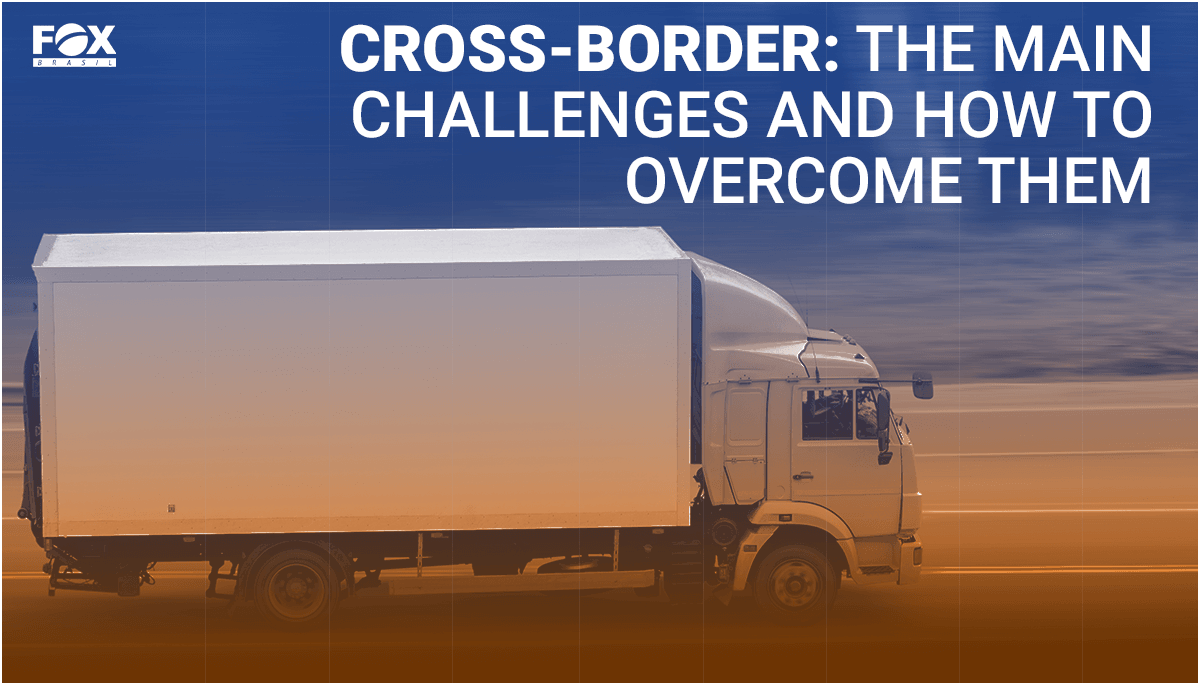Cross-border: The main challenges and how to overcome them

Tips
For businesses seeking to expand into international markets without the costs and bureaucratic headaches of establishing branches, warehouses, or distribution centers abroad, cross-border services offer a viable alternative, but also unique challenges, understanding and addressing these difficulties is essential for ensuring smooth and efficient international operations.
Let’s go over some of the main difficulties that companies might face when shipping cross-border, and some strategies to overcome them:
Customs Regulations and Compliance
Customs regulations can vary significantly between countries, making it difficult for businesses to navigate the process. Incorrect or incomplete documentation can lead to delays, fines, and even the return of shipments.
Strategies:
- Stay informed: Keep up-to-date with the latest import and export regulations in both the sending and receiving countries.
- Prepare accurate documentation: Ensure all necessary customs documentation is prepared correctly and submitted on time to avoid delays and penalties.
- Hire a professional: Experienced professionals, like customs brokers and freight forwarders can help businesses overcome complex regulations and streamline the customs clearance process.
International Shipping Costs
Shipping costs for cross-border shipments are higher than domestic shipping due to factors such as distance, customs clearance procedures, taxes, and potential currency fluctuations.
Strategies:
- Optimize Inventory Management: By accurately predicting demand and implementing efficient warehouse management, businesses can ensure smooth operations and minimize international shipping costs.
- Partner with a demand driven cross-border logistics provider: By aligning their services with the specific needs and demands of clients, these providers can strategically put together a transportation schedule compatible with their clients demands and budget.
- Negotiate competitive rates: Work with carriers to negotiate favorable shipping rates, especially for high-volume shipments or long-term contracts. Freight forwarders are able to do that even more effectively, with their vast network of carriers.
Delivery Delays and Tracking Issues
Unforeseen circumstances, such as bad weather, strikes, operational problems or issues with customs clearance can lead to shipping delays. Without proper tracking, it can be difficult to monitor shipments and address issues promptly.
Strategies:
- Choose reliable carriers: Select carriers with a proven track record of on-time deliveries and robust tracking systems.
- Implement advanced tracking technology: Utilize real-time tracking systems to monitor shipments and address delays proactively.
- Maintain open communication with customers: Keep customers informed about shipment status and offer solutions to mitigate any issues.
By addressing these challenges and implementing effective strategies, businesses can overcome the obstacles associated with cross-border courier services and ensure smooth, efficient international shipping operations.